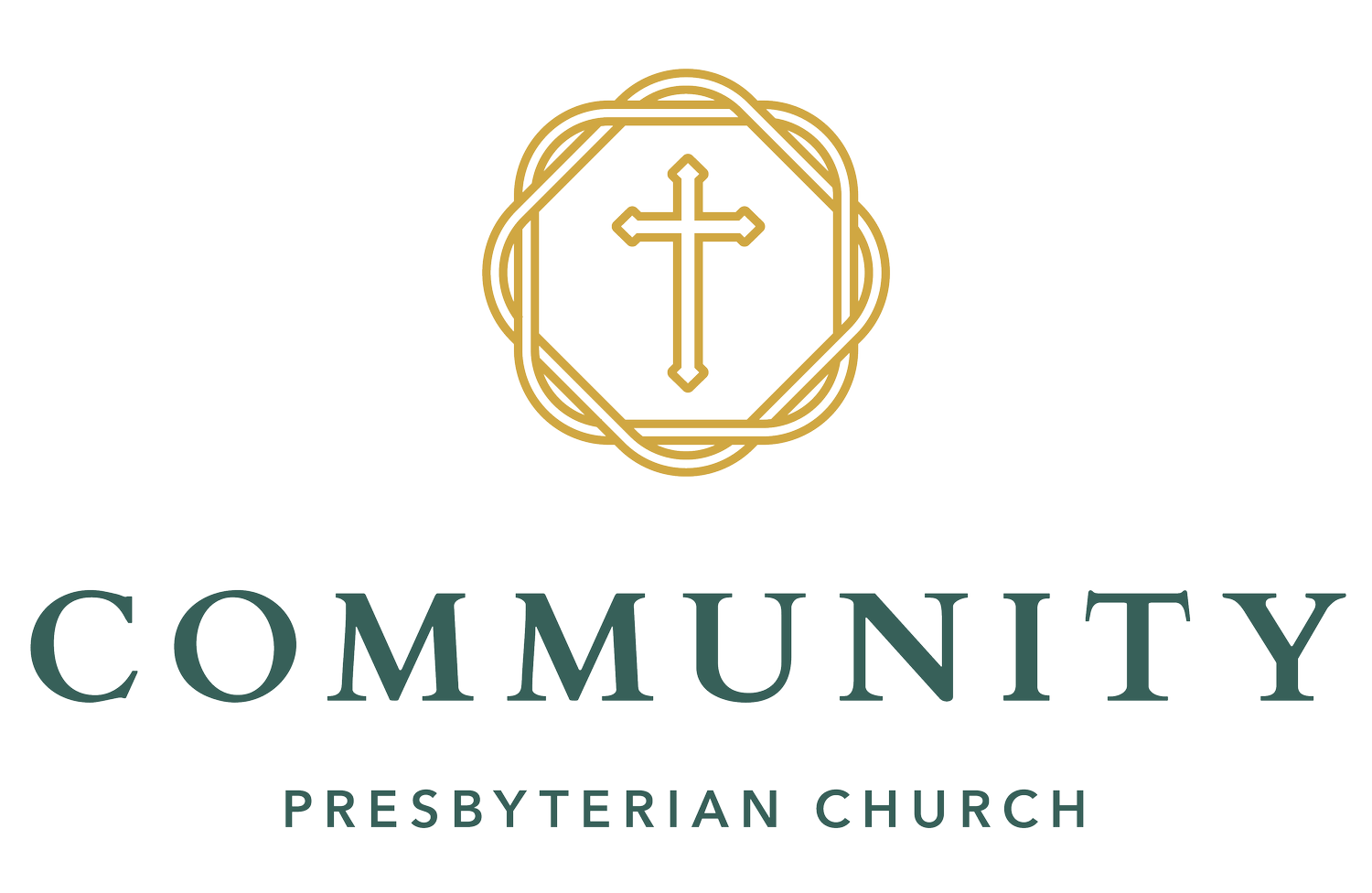Community is...
Biblical: we believe the Scriptures of the Old and New Testaments are sufficient for our spiritual needs, clear to understand, and the final authority for how we ought to live in this life (2 Tim 3:16-17). Therefore we are convinced that the Scriptures must be studied. Above all, though, we believe that the Bible, from Genesis to Revelation, points us to our gracious and merciful Savior Jesus Christ (Luke 24:27). It is for this reason that we love studying the Bible.
Confessional: we hold to the creeds and confessions of the Ancient and Reformed Church, as we believe they are an accurate and faithful summary of the teachings of Scripture (2 Thes 2:15). As a congregation of the Orthodox Presbyterian Church, we hold to the Westminster Standards, which includes the Confession of Faith and the Larger and Shorter Catechisms. Our creedal and confessional commitments unite us with the church universal, that is, saints down through the ages and around the world (Jude 1:3).
Presbyterian: we are governed by a body of elders called by God and elected by the congregation. Jesus, our Chief Shepherd, has appointed under-shepherds to care for His flock until He returns (Eph 4:11-14; 1 Pet 5:1-4). Following the pattern of the Apostolic Church, we are united to other churches in a supportive and collaborative manner (Acts 15:1-4). Our elders serve the denomination regionally through presbyteries and nationally through the annual General Assembly.
Our Worship…
We believe that God’s Word is to the only rule to direct how we should worship and glorify Him (Westminster Shorter Catechism Question and Answer 2). Consequently, we do not rely upon our own inventions or intuitions when determining what we do in worship. We strive to submit to God’s Word in structuring our services. Therefore, you will find that we read the Bible, preach the Bible, sing the Bible, and pray the Bible.
A staple of our worship is Word-centered, Christ-exalting preaching. We preach consecutively through books of the Bible in an expositional manner—that is, exposing what is in the text instead of imposing our preferences upon it. Sometimes we will take up a more topical or thematic series, but even in those instances each sermon will be committed to unpacking a portion of God’s Word.
We recognize that as sinners we forget God’s promises often, and so we are eager to have them confirmed to us in the sacraments of baptism and the Lord’s Supper. Baptism is a one-time initiation into the visible church. The Lord’s Supper is a frequent celebration that since we belong to the church Christ has died for us and lives for us.
Our Music…
Why is there music in church? We affirm music to be a medium of human expression, well-suited for adorning the word in worship (Psalm 9:1-2, 11; 95:1-2), commanded for use in the local church (Eph. 5:18-21; Col. 3:16), and subject to moral implications (Matt. 15:11; Ps 19:14).
Should music in worship have words? Both voices and instruments have a place in the worship of the Lord (Psalm 150; 2 Chron. 5:13), but the Bible places special emphasis on song (Psalm 100:1-5; James 5:13; Rev. 5:8-9). We therefore place far more weight on music that accompanies words than on purely instrumental music.
What about style? While our consciences are not bound by any standard of human invention (Col. 2:20-23), we remain wary of the world's sensibilities (Rom. 12:2, 1 John 2:16) and are especially skeptical of the expressions of commercial culture (Phil. 3:19; Matt. 6:19-24). We therefore decline to thoughtlessly adopt current musical trends on the basis of their contemporaneity. Instead, we search for music that is tuneful, compelling, aptly fitted to the poetic text, and achievable by our congregation.
What does that mean, practically? We emphasize live music over recordings, acoustic instruments over electric, pitched instruments over non-pitched, congregational singing over amplified soloists, and printed music over projection. We avoid music that is sentimental, effeminate, trite, dull, distorted, overcomplicated, or otherwise unfit for our corporate worship.
Do we sing old songs or new songs? We neither despise nor idolize the past but take from it that which has been proven to be true, beautiful, and edifying to the Church. We also celebrate newly composed songs and hymns (Ps. 40:3; 144:9) that augment the Church's musical heritage. Consequently, the songs we sing span the entire era of the church, from the ancient to the modern.
To whom do we sing? Although many of the songs we sing encourage our growth, love and devotion, the primary audience in our worship is the Triune God of the Bible. The aim of the Christian life is to glorify God (1 Cor 10:31), the goal of the church is to glorify God (Eph 3:21); therefore we direct our praise and worship primarily to God the Father, through Jesus Christ, empowered by the Holy Spirit, to the praise of his glorious grace (Eph 1:3-14).

